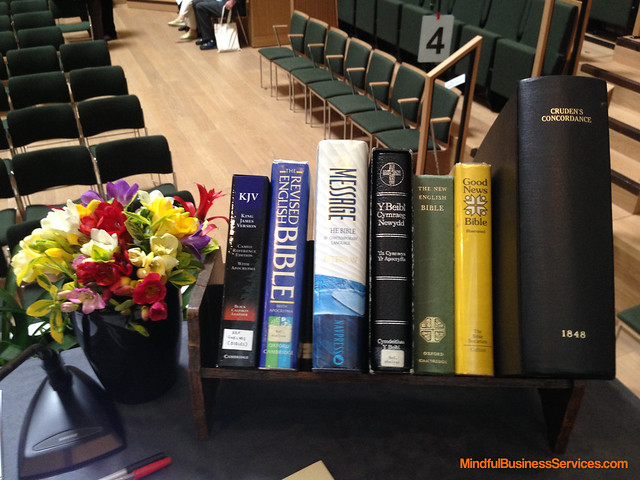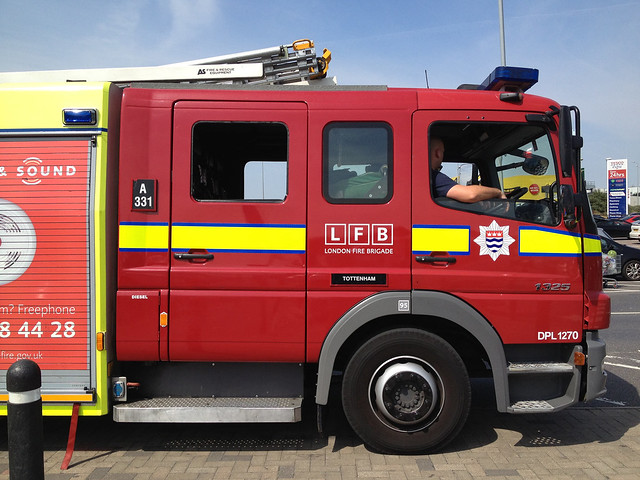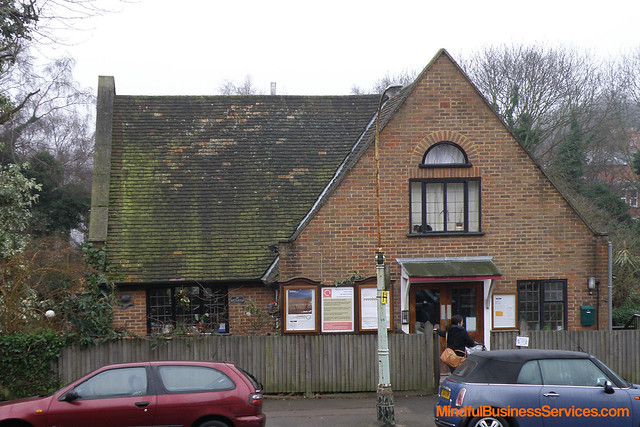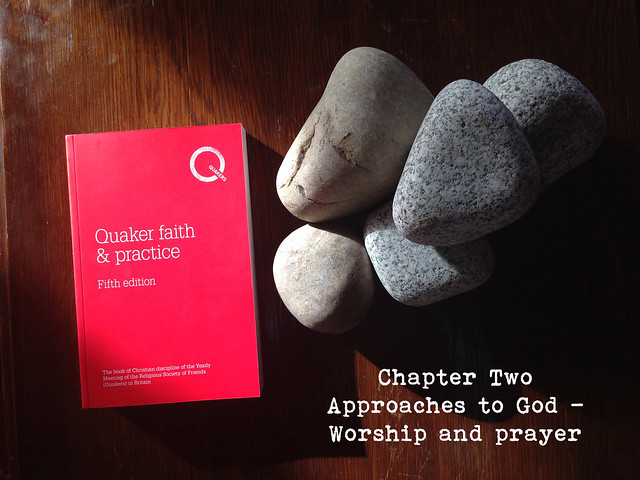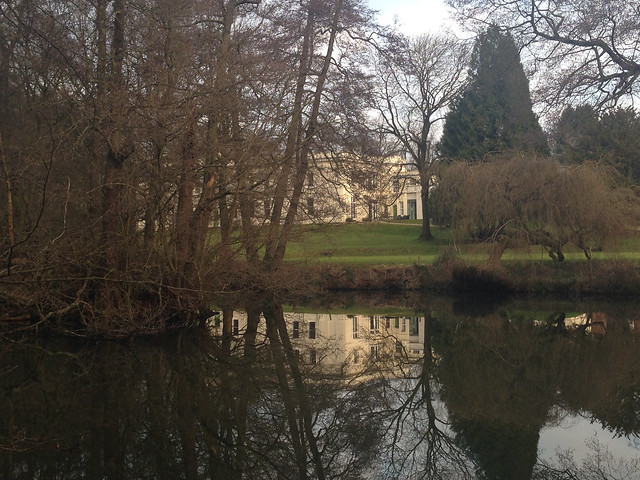QBC’16 – Embodying Equality in Business – Why? & How?
The ‘Why’ inspires change and the ‘How’ empowers change
Wednesday, 9th November 2016
Friends House, 173-177 Euston Road, London, NW1 2BJ
9:30am to 10:00am Registration and Networking.
10:00am Meeting for Worship (for ten minutes).
4:30pm Close.
The heartfelt purpose is for those attending the conference to leave with their own personal intent to embody equality in their organisations at a deeper, more profound human level. The participants will leave feeling and knowing the difference these ideas will make for their staff, their customers and for the wider community.
The day will be grounded in Quaker Advice and Queries 22:
“Respect the wide diversity among us in our lives and relationships. Refrain from making prejudiced judgements about the life journeys of others. Do you foster the spirit of mutual understanding and forgiveness which our discipleship asks of us? Remember that each one of us is unique, precious, a child of God”
There will be speakers and creative activities during the day; and the flow of our four speakers for the day is:-
- Gender Equality
- Sexual Orientation Equality
- Racial Equality
- Religious Equality
Satish Kumar, internationally renowned speaker on ecological and spiritual issues will be speaking on Embodying Religious Equality in Business.
Michael Lassman, who has over 30 years’ experience following an equality and diversity agenda, speaking on Embodying Gender Equality in Business. Michael set up Equality Edge at the end of 2006 as a vehicle to deliver innovative workshops, one-to-one or small group coaching and public speaking services. He is speaking at the 2016 Global Equality and Diversity Conference.
You can find the full programme here.
Looks like a full day of inspiration and challenge – I’ve put that in my diary and hope to see you there.



